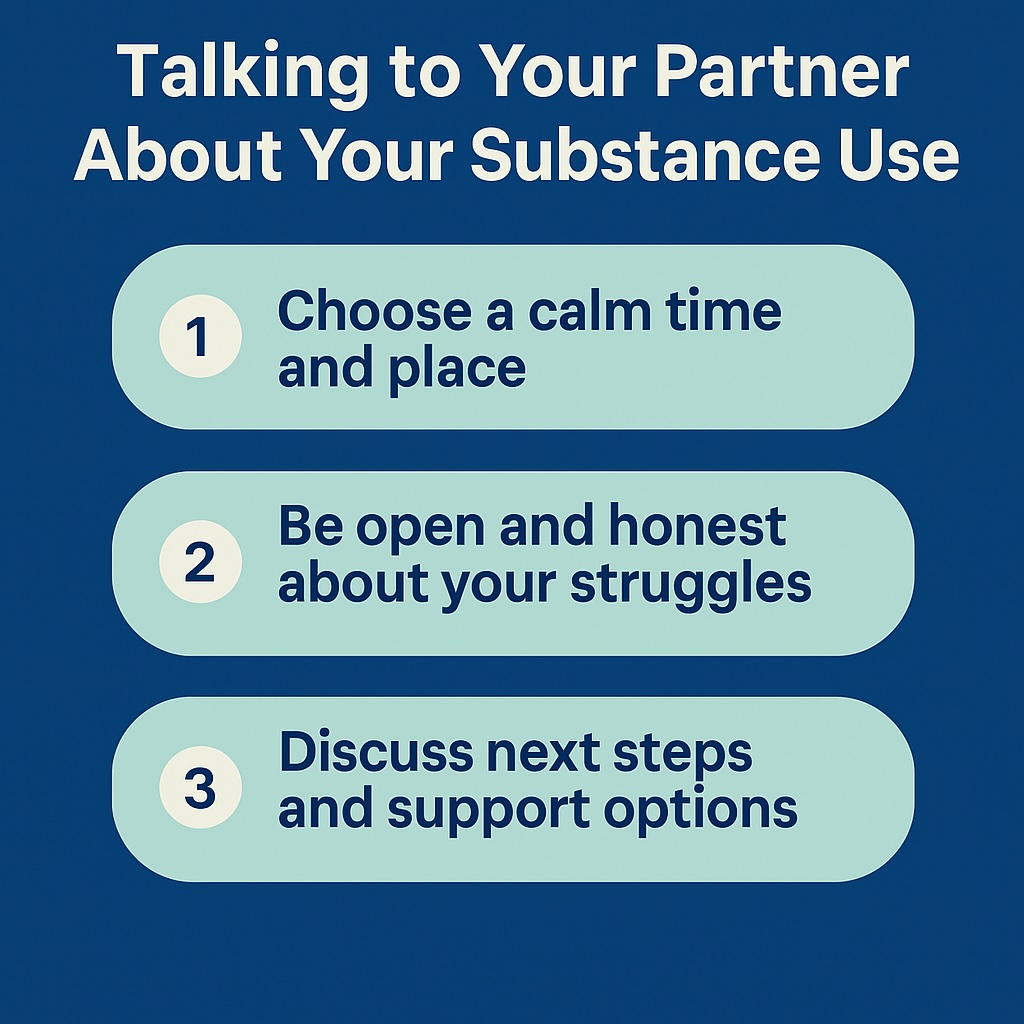Alcohol is a powerful and addictive drug. Unfortunately, most people think of alcohol as a social tool, but like anything else, if abused it can turn into a serious issue. According to the NIAAA, women are more likely to encounter problems due to their substance abuse, but are less likely to seek professional help. At Anchored Tides Recovery, we’re dedicated to helping any and all women overcome their addiction, whether it’s with alcohol or a different substance.
When considering sobriety, it’s helpful to think of the journey as a marathon, not a sprint. For most people, the recovery process includes multiple steps. Some women start their journey at inpatient treatment, and others start an intensive outpatient treatment center. It’s important during your recovery journey to have a safe, stable environment to live in, such as a sober living home.
What Are Sober Living Homes for Women?
Sober living homes for women are a safe living environment where everyone who lives there is sober. A sober living home is a great transitional tool for anyone looking to maintain long term sobriety. While sober living homes do not provide addiction treatment therapy, most people living in one attend outpatient addiction treatment programs.
Aside from a safe environment, sober living homes also provide structure, a crucial component to sobriety. Most sober living homes have a set of rules and guidelines people have to follow. For example, certain sober living homes make attending some type of 12-step support group mandatory. Other homes require its residents to complete a certain set of chores. While it can be extremely beneficial for someone’s sobriety to live in a sober living home, it’s benefits are most effective when coupled with outpatient addiction treatment. At Anchored Tides Recovery, we offer three types of outpatient options for women: partial hospitalization, intensive outpatient, and outpatient.
Benefits of Sober Living for Women
-
Overcoming Communication Barriers
According to NIH, the National Institute of Health, verbal communication is vital to making progress in any substance abuse recovery program. When you reside in a sober living home, you’re surrounded by other sober people. You’ll have a chance to speak freely about your addiction to like minded individuals. Engaging in dialogue about sobriety is crucial during recovery.
-
Focus on Gender-Specific Issues
Addiction impacts women differently than their male counterparts. Women also have different life experiences than men, such as pregnancy and motherhood in recovery. By living in a sober living home for women, you’ll be surrounded by people who at one time have, or will, experience similar life events as you.
-
Stability and Accountability
Stability and accountability are often two things that are lacking in an addicts life. It can be difficult to establish a routine while in the throws of an addiction. Because of rules and guidelines, sober living homes for women help all of their residents establish routine. Early sobriety can be a particularly vulnerable time for women, especially when they feel like they’re starting their life over. Having a group of people hold you accountable for your actions (i.e. make sure all the dishes are cleaned after dinner) will not only give you a sense of purpose, but help you create a new sober routine.
Get Help With Addiction at Anchored Tides Recovery!
At Anchored Tides Recovery, we’re focused on helping all of our clients find sobriety, but more importantly, maintaining sobriety. Our comprehensive addiction treatment programs and aftercare services can set you up for long-term recovery. We currently offer partial hospitalization, intensive outpatient, and outpatient treatment programs, as well as aftercare services such as sober living. Contact us today to see how we can help you or someone you love with addiction!































